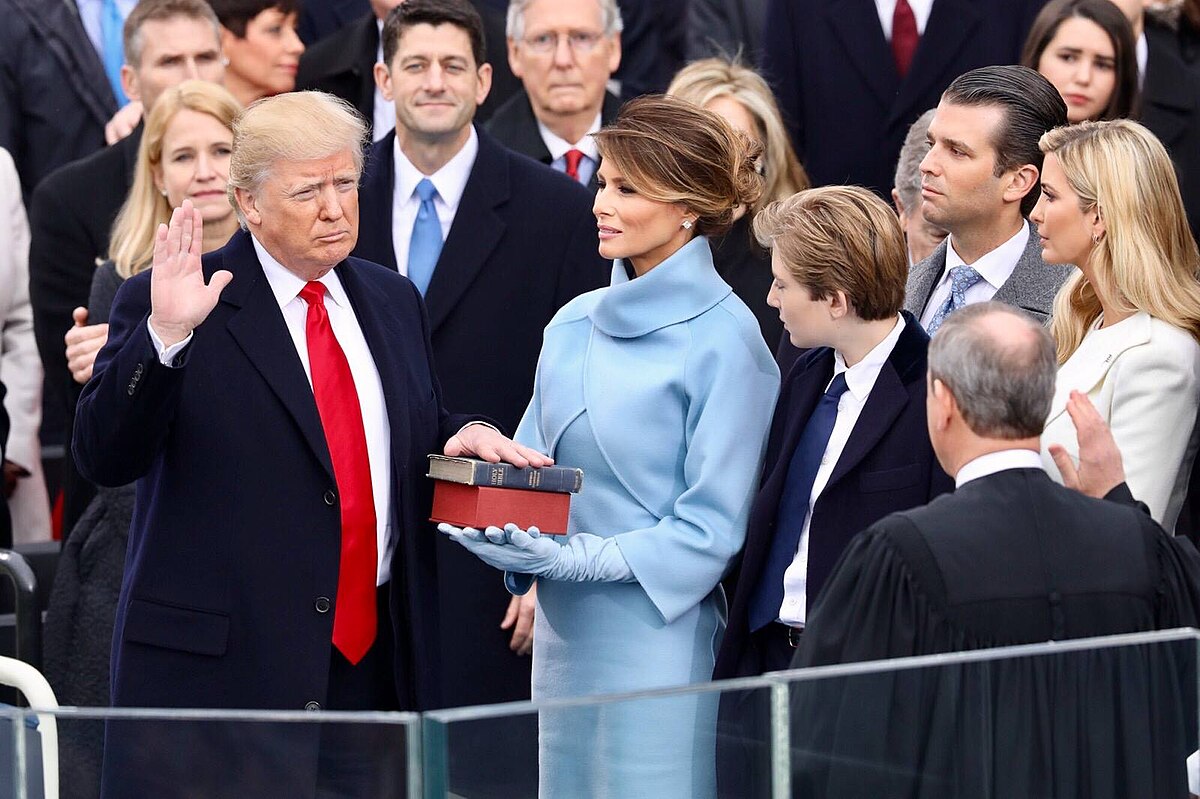
Reimagining the Future: A Journey Through Kingdom of the Planet of the Apes, The Way, My Way, and If
The cinematic landscape is ever vast, continuously evolving to mesmerize audiences with each novel tale. The recent releases Kingdom of the Planet of the Apes, The Way, My Way, and If encapsulate genres that splash across the spectrum of entertainment, from the thought-provoking to the family-friendly, entwined with the overarching premise of exploration and connection.
Kingdom of the Planet of the Apes: Resurrecting Legacy
 An Epic Continuation of a Legendary Franchise
An Epic Continuation of a Legendary Franchise
Kingdom of the Planet of the Apes breathes vitality back into a revered franchise by taking the audience far into the future of a post-apocalyptic Earth where intelligent apes reign over the remnants of humanity. This fourth modern entry into the franchise showcases a significant leap from its predecessor, War for the Planet of the Apes, drawing us into an intricately woven narrative that praises the franchise’s past while boldly cutting its own path.
In this offering by director Wes Ball and writer Josh Friedman, the death of Caesar marks the beginning of a new era, prompting a generational leap that enriches the story’s context. With a human-made virus igniting this upheaval, audiences witness powerful narratives unfold through characters like Noa, a young chimpanzee trying to navigate a world whose prejudices loom large against a backdrop of ongoing conflict with aggressive ape clans. The film graces the screen with potent visuals and action-packed sequences that satisfy cinemagoers while deftly balancing a thematic inquiry into identity, relationship, and the legacy we leave behind. “For Caesar,” the phrase echoes through the conflict, signifying more than just loyalty — it entails continuity, reminding us of the struggles, hopes, and the weight of history.
The Way, My Way: Embracing Simplicity
 A Reflective Journey Through Life’s Simplicities
A Reflective Journey Through Life’s Simplicities
On the other end of the spectrum lies The Way, My Way, adapted from Bill Bennett’s memoir that chronicles his personal pilgrimage along the Camino de Santiago. This film forgoes grandiose displays for a reverent exploration into the sheer simplicity of walking, conversing, and sharing sweeps in like a gentle breeze, invigorating the senses and sparking nostalgia for ordinary pleasures that often escape us in our fast-paced lives.
With Chris Haywood embodying Bennett’s eccentricities, we delve into the spirit of exploration not just of the trail, but of life itself. Like Bill’s enjoyable banter with fellow travelers, it reveals how our individual paths intertwine. The Camino is a physical journey, yes, but it symbolizes our search for connection and understanding amidst the complexities of human existence, devoid of artistically heavy-handed narratives. Instead, it gives us a charming lens to view life; each step and conversation carries meaning, beckoning the viewer to reflect on their own journey.
If: a Blooming Imagination
 Rediscovering Childhood and Unimaginable Friends
Rediscovering Childhood and Unimaginable Friends
Lastly, If, directed by John Krasinski, unfurls like a delicate watercolor painting, layered with familial warmth and complex emotional undercurrents soaked in the power of nostalgia. The film serves up a delightful premise – what if we could reconnect with the imaginary friends of our youth? In the backdrop of a poignant narrative about a young girl’s journey in the shadow of family turmoil, the film delicately intertwines themes of love, loss, and the irrepressible joy of creativity.
Krasinski successfully navigates a multi-faceted journey, drawing us into Bea’s world where real and imaginary blend seamlessly. The humor is interlaced with heartfelt moments, as Bea, through her encounters with her former companions, invites us to explore the notion that while we may grow older, the imaginative spark remains integral to our identity. If is ultimately less about the whimsy of fanciful characters and more about embracing our inner child even amid the realities of adulthood.
A Thread That Binds Us All
These films, though vastly different in thematic execution and presentation, subtly comment on the universal attributes of connection, identity, and the journeys we undertake throughout life—both real and imagined. Kingdom of the Planet of the Apes urges us to ask, “What legacy are we leaving?” while The Way, My Way gently narrates the wisdom to be found in every step of existence, and If invites us to rekindle the sparkle of childhood joy amidst life’s messiness.
As audiences, we are ultimately gifted diverse experiences that reflect our aspirations, fears, and connections—each film a unique brushstroke contributing to the vast canvas of human experience. Join me in embracing these stories. Let’s remain curious and open, journeying both out into the world and inward into ourselves.
Conclusion
The world of cinema continuously pushes boundaries, allowing for dynamic storytelling that can evoke profound emotions. New narratives like those presented in Kingdom of the Planet of the Apes, The Way, My Way, and If showcase the power of film to connect us deeply with themes spanning generations. With each viewing, we breathe life into these tales, enhancing our understanding of humanity itself.
Explore more about these films and delve into the nuances they present. Check out the journeys crafted through cinema, reminding us that life— like film— is a tapestry of stories waiting to unfold.
Tags
- Movies
- Cinema
- Family
- Connection
- Identity
- Nostalgia
- Exploration
Main Image Source
 Illustrating the endless realm of cinema.
Illustrating the endless realm of cinema.











